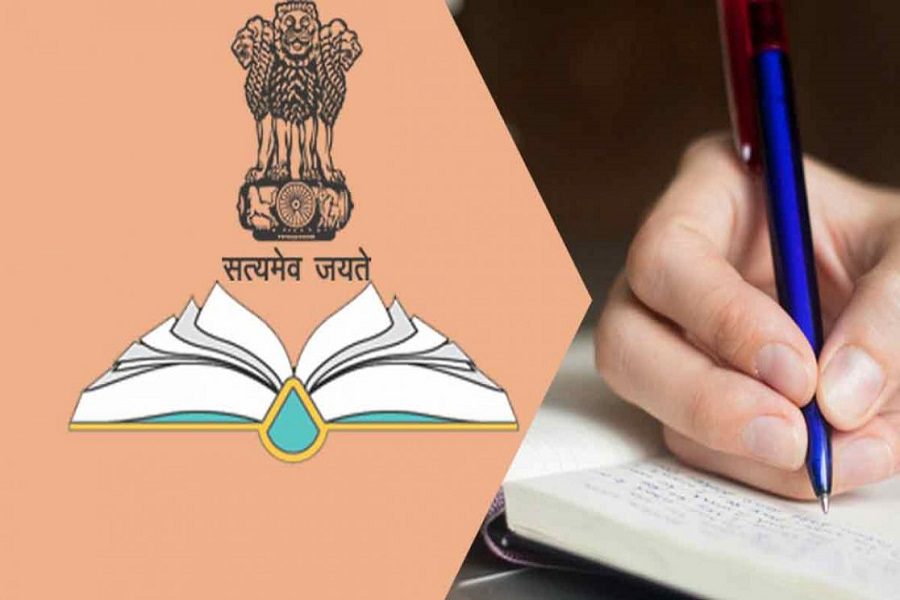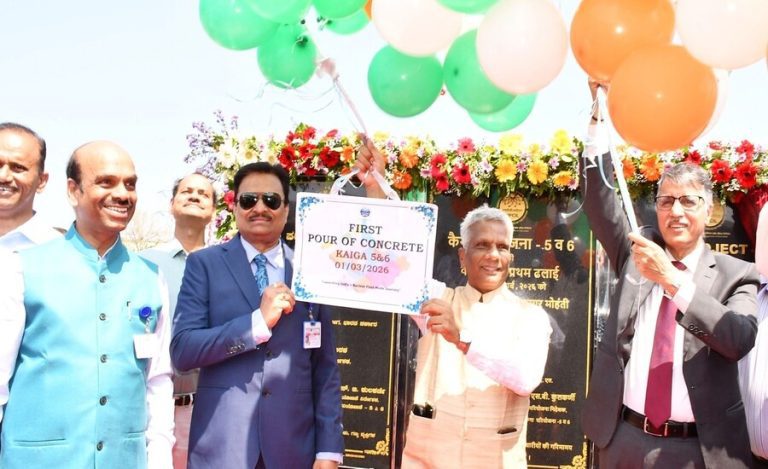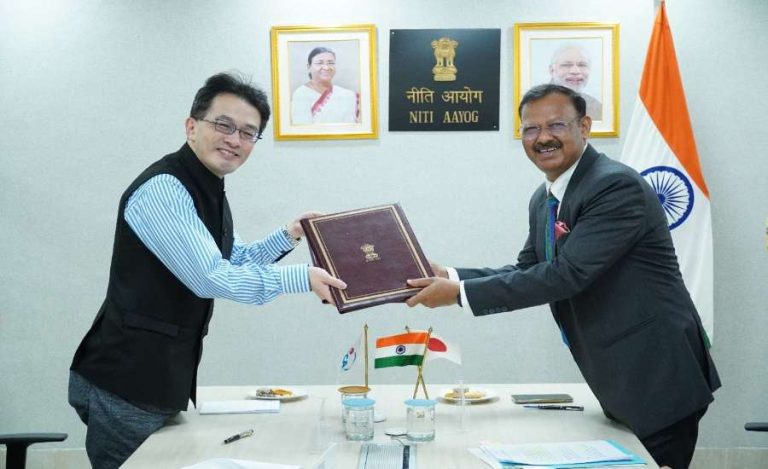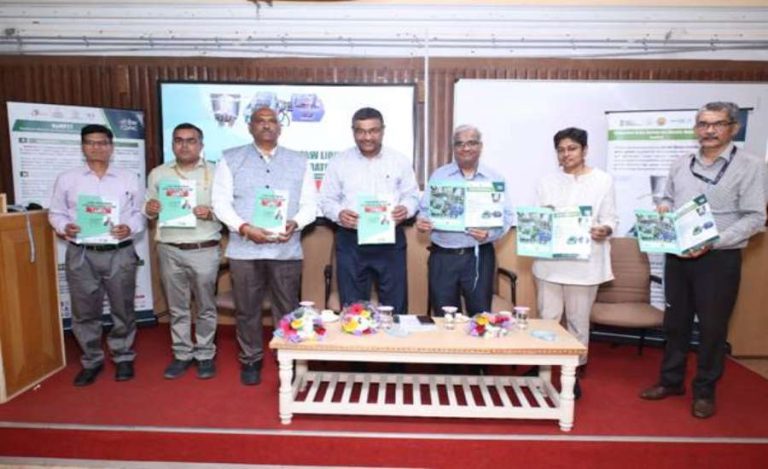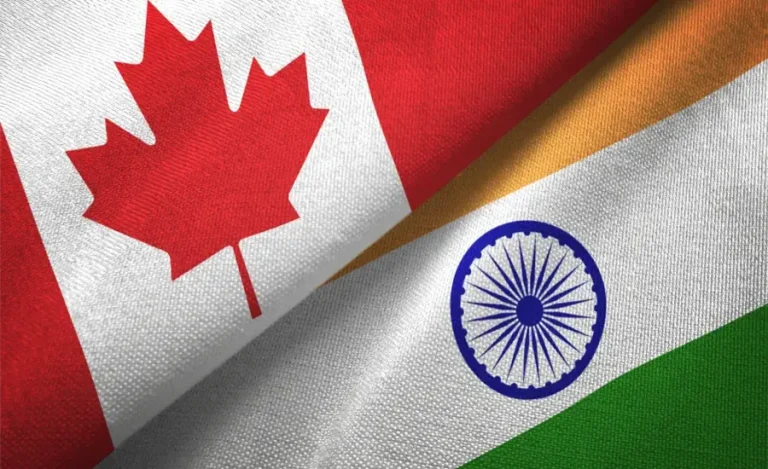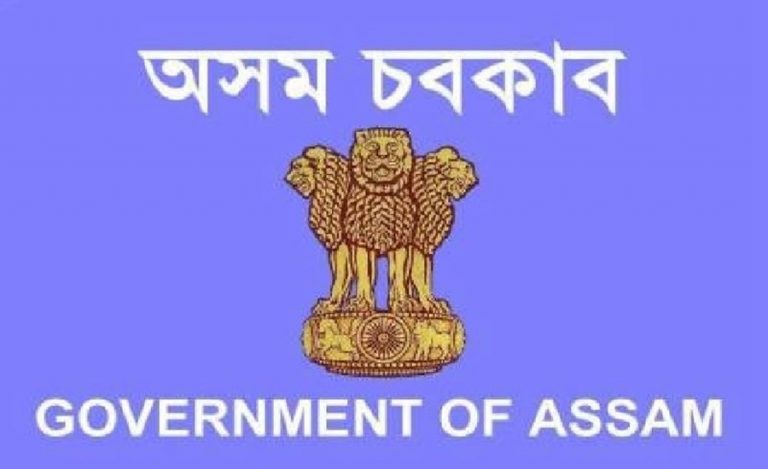UPSC CSE, one of the toughest exams in the country, has a huge syllabus that can take years to complete and study thoroughly. UPSC CSE-2023 prelims are around the corner with barely two months left. It will be conducted on 28th May, 2023.
A 2023 batch IAS officer and DM Mirzapur, Ms. Divya Mittal, who is also known for her Twitter threads compilations and sharing of day-to-day problems solutions, has written a long post on Twitter sharing a strategy to tackle the UPSC CSE prelims syllabus.
She tweeted, “IAS prelims are less than 2 months away. There is a huge syllabus to cover. But even if you are beginning now, you can make it.
A 🧵 with 9 steps to focus on for CSE prelims 2023.”
IAS prelims are less than 2 months away. There is a huge syllabus to cover. But even if you are beginning now, you can make it
— Divya Mittal (@divyamittal_IAS) April 11, 2023
A 🧵 with 9 steps to focus on for CSE prelims 2023
Then, in her next tweet of long thread, she told step 1, where she discussed about CSAT and GS papers.
She wrote, “Step 1: Attempt the last year GS and CSAT paper and see where you stand.
Based on your current performance, see areas of weakness & strength.”
Step 1:
— Divya Mittal (@divyamittal_IAS) April 11, 2023
– Attempt the last year GS and CSAT paper and see where you stand
– Based on your current performance, see areas of weakness & strength
In her next tweet, she tweeted about that aspirants should focus on their strength areas.
She said, “Focus on Strength areas.
Double down on your strength areas where you have to put in least effort to gain maximum marks
Eg: You are good at economics or geography but are making some mistakes -> Work on them the most
Prelims is a game of playing on your strengths.”
Step 2: Focus on Strength areas
— Divya Mittal (@divyamittal_IAS) April 11, 2023
– Double down on your strength areas where you have to put in least effort to gain maximum marks
Eg: You are good at economics or geography but are making some mistakes -> Work on them the most
Prelims is a game of playing on your strengths
In her next tweet, she wrote, “Step 3: Divide the syllabus into smaller chunks – static, current in GS and RC, Reasoning, Quant in CSAT. Check out the past 5 years question papers and understand the pattern. Find repeated topics and hidden syllabus.”
Step 3:
— Divya Mittal (@divyamittal_IAS) April 11, 2023
– Divide the syllabus into smaller chunks – static/current in GS & RC/Reasoning/Quant in CSAT
– Check out past 5 years question papers & understand the pattern
– Find repeated topics and hidden syllabus
“Step 4: Compulsory topics for Parity Some topics with high weightage (30-40) i.e. Polity, Environment. All serious aspirants would be able to solve them, especially if the paper is easy.
PARITY with competition is MOST important!”
Step 4: Compulsory topics for Parity
— Divya Mittal (@divyamittal_IAS) April 11, 2023
– Some topics with high weightage (~ 30-40) i.e. Polity, Environment
– All serious aspirants would be able to solve them, especially if the paper is easy
PARITY with competition is MOST important!
“Step 5: Repeated topics and current affairs.
Imp topics to focus: Repeated: Buddhism, Jainism, Monetary policy, Wetlands, Emerging tech, Banking & fin regulations, Polar regions, space missions, Biotech, Alternative energy etc. Current: Inflation, AR, Ukraine/NATO, ONDC, OCEN etc.”
Step 5: Repeated topics & Current Affairs
— Divya Mittal (@divyamittal_IAS) April 11, 2023
Imp topics to Focus:
– Repeated: Buddhism, Jainism, Monetary policy, Wetlands, Emerging tech, Banking & fin regulations, Polar regions, space missions, Biotech, Alternative energy etc
– Current: Inflation, AR, Ukraine/NATO, ONDC, OCEN etc
“Step 6: Consolidate your resources You can’t cover multiple books on a subject. Consolidate the specific notes, textbooks etc that you will cover. Eg: Laxmikant Polity, Shankar Environment, NCERT eco, Spectrum history, Current affairs notes of 2 institutions.”
Step 6: Consolidate your resources
— Divya Mittal (@divyamittal_IAS) April 11, 2023
– You can't cover multiple books on a subject
– Consolidate the specific notes, textbooks etc that u will cover.
– Eg: Laxmikant Polity, Shankar Environment, NCERT eco, Spectrum history, Current affairs notes of 2 institutions
“Step 7: Make a study plan Allot specific times to stay organised and make sure you stick to it.
Give 10 plus hours per day at least (If you are starting now- Time is less. you have to slog).
Set daily and weekly goals to track your progress.”
Step 7: Make a study plan:
— Divya Mittal (@divyamittal_IAS) April 11, 2023
– Allot specific times to stay organized and make sure you stick to it
– Give 10+ hours per day at least (If you are starting now- Time is less. U have to slog)
– Set daily and weekly goals to track your progress.
“Step 8: Mock tests: Work on past question papers. Pick up mock tests of 2-3 institutes as it would add to your knowledge base and also bring you on parity with the competition.
GS: 3-4 mocks/week; CSAT- 1 mock/week till the last week.
[Takes 3 hours/day] Given the recent pattern, it is impossible to ‘know’ more than 30-40 questions. You need educated guesses on 40-50 questions. So in any question eliminate obvious wrong options. Then based on your knowledge of the topic, pick the best choice.
This is improved by practice, mocks.”
Step 8: Mock tests
— Divya Mittal (@divyamittal_IAS) April 11, 2023
– Work on past question papers,
– Pick up mock tests of 2-3 institutes -> Would add to your knowledge base and also bring u on parity with the competition.
– GS: 3-4 mocks/week; CSAT- 1 mock/week till the last week
[Takes 3 hours/day]
Given the recent pattern, it is impossible to 'know' more than 30-40 questions.
— Divya Mittal (@divyamittal_IAS) April 11, 2023
U need educated guesses on 40-50 questions. So in any question eliminate obvious wrong options. Then based on your knowledge of the topic, pick the best choice.
This is improved by practice, mocks
“Step 9: Be positive Every now and then you will feel you don’t know anything or you don’t remember anything. Don’t worry. When you see the options, mind will automatically find the answer.”
Step 9: Be positive
— Divya Mittal (@divyamittal_IAS) April 11, 2023
– Every now and then you will feel you don't know anything or you don't remember anything
– Don't worry -> When you see the options, mind will automatically find the answer
– BE POSITIVE that YOU WILL MAKE IT!
Give your best effort
Ms Divya Mittal advised UPSC aspirants to be positive and not lose confidence.
I had earlier written a thread on how to prepare for UPSC CSE along with a job. You can see it here https://t.co/BTMdtyCibE
— Divya Mittal (@divyamittal_IAS) April 11, 2023

